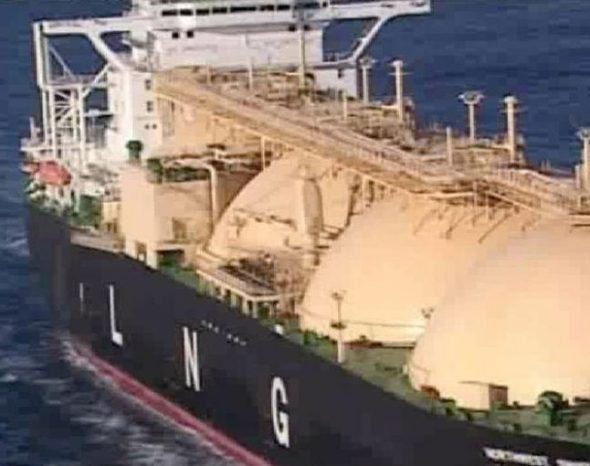A Macquarie Group analyst has described the Western Australia Environmental Protection Authority’s proposed new standard for heavy polluting resource projects in the state as “a solid compromise” on the problem of carbon emissions.
That assessment accompanied new Macquarie Group research that suggests LNG companies in WA could face carbon costs of up to $US6.6 billion if the EPA guidelines were passed.
These figures will do nothing to calm the troops on the Coalition’s far right, led by resources minister Matt Canavan, who this week upgraded the annoyingly sciency EPA guidelines from “homemade sledgehammer” to “brain explosion.”
The WA government is also busily distancing itself from the recommendations, which it has promised to steadfastly ignore.
But that’s not enough to appease Coalition and LNG industry figures, who want the McGowan government to “strongly and unequivocally” reject the guideline – as Woodside COO Meg O’Neill put it.
“We would advocate that they rescind the guidelines or delay the guidelines or bill them as draft and go through a proper consultation process, but we recognise the EPA is independent and so we are looking to the state government to provide certainty to the industry about how they review project proposals that come through the EPA and what lens the state government will apply to make decisions,” O’Neill said.
“It is the wrong time to impose these new requirements on a sector that can contribute to greater job growth, greater prosperity in this state. What we need now is for the WA government to rule this out in all forms possible,” Canavan said at the Australasian Oil and Gas Expo in Perth this week.
“Existing facilities often have to go back for approval for changes, variations, de-bottlenecking etc. So they could potentially be caught up in it,” he said.
“The EPA’s guidelines are reckless, unachievable and appear to have been carelessly released at a dangerous time when the economy is already sluggish,” Business Council of Australia CEO Jennifer Westacott reportedly wrote in a letter to the Premier.
“It is critical that bureaucrats understand that decisions such as this have a real and immediate impact on companies and serve as another blow to investment confidence in this country.”
And federal environment minister Melissa Price also weighed in, describing the guidelines as “unworkable” and magically linking the actions of the independent West Australian EPA to federal Labor.
“The alarm being felt by businesses over the West Australian Environmental Protection Agency’s unworkable proposal to jeopardise large-scale projects that are vital to our economy, only serves to underline wider business concerns about Federal Labor’s reckless approach,” Price said.
But Macquarie Group’s Andrew Hodge, who authored the above research, appears to believe it is better for investors to stayed well informed, and keep at least one foot planted in reality.
“Ignoring carbon is a luxury we believe LNG developers no longer have, and though corporates have chastised WA’s EPA, we believe the EPA has come up with a solid compromise to treat carbon emissions,” he said.
“Many companies use what we would classify as a loophole in Scope 1 [direct emissions] targets by excluding joint ventures, even when they hold significant stakes and possess veto rights, on the basis they are not the operator.
“However, given the pressure around transparency, we would expect this will not last.”







